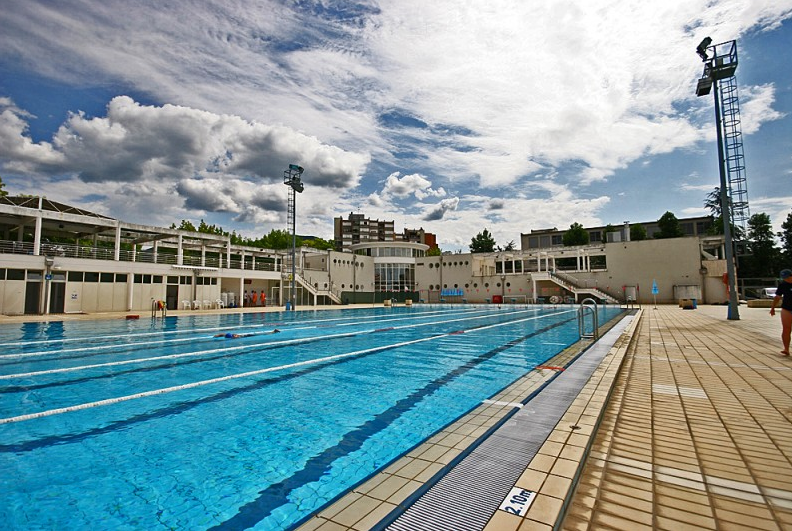
From the total of 82 water samples, 57 were assessed to be in compliance with bathing standards, while the remaining 25 were assessed as adequate for bathing. Barbara Kocjan from the Health Inspectorate explains that the sample is in compliance when it meets all the parameters of the rule book for minimum hygiene requirements.
When the parameters are not in line with quality regulation, the National Institute of Public Health has to ascertain whether the water is still adequate for bathing, despite the deviations. Kocjan adds that in such cases the inspectorate usually deals with minimal deviations which do not affect the health of bathers.
Inspectors arrive when it’s most crowded
In the case of irregularities, those managing the bathing sites are required to take action. Kocjan says that usually operators close the swimming pools themselves. The pools can start operating again once they amend the irregularities and bring in new water samples.
The fines which have to be paid in such cases, according to the Protection Against Drowning Act, range from 1200 to 4000 euros for legal entities, and 400 for individuals representing the legal entity. The inspectorate often collects water samples unannounced, also in periods when bathing sites are most crowded, which mostly happens during the summer.

































































